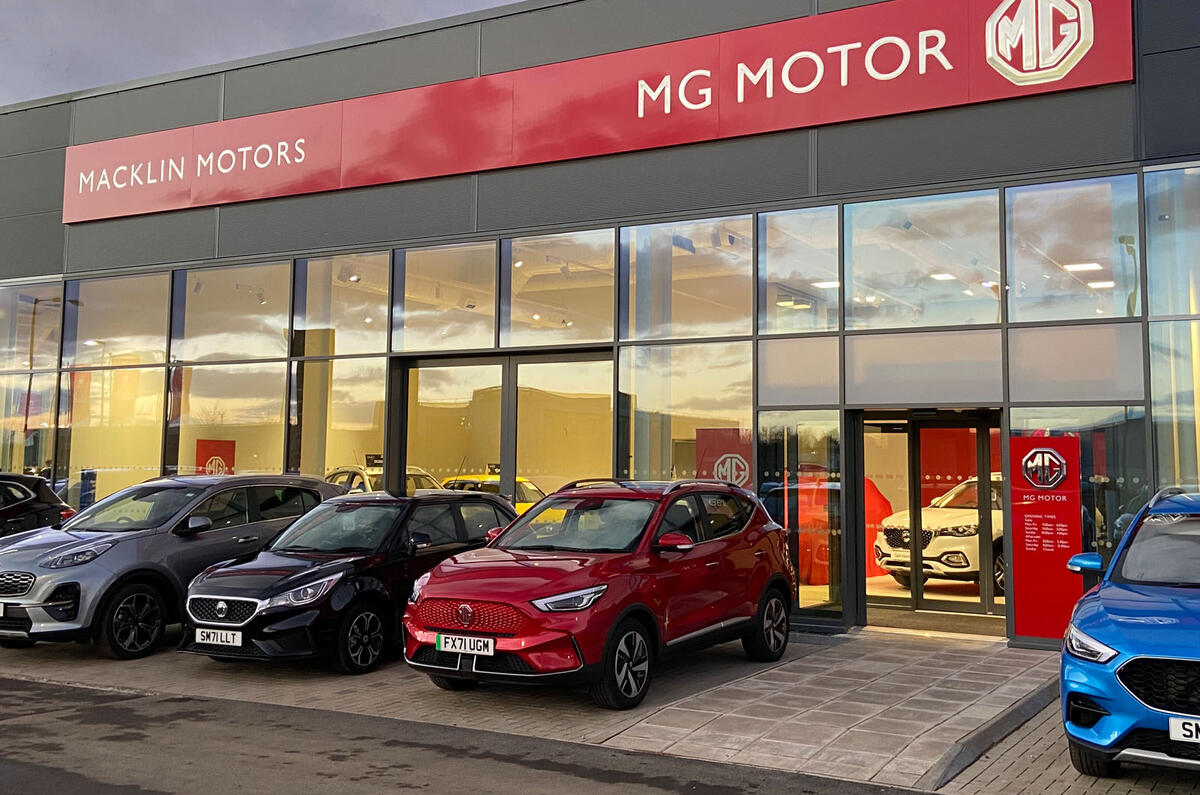In this bizarre and turbulent market, it’s hard to draw black and white conclusions from new car registration figures, the challenges of supply having a far greater impact than the nuances of demand. Nevertheless, the first six months of 2022 make for interesting reading.
The first takeaway is that the year is going far worse than predicted, Russia’s war on Ukraine lobbing yet another meteorite at Planet Automotive and contributing to the UK’s worst first-half registration figures for 30 years, down 11.9% on last year.




Add your comment